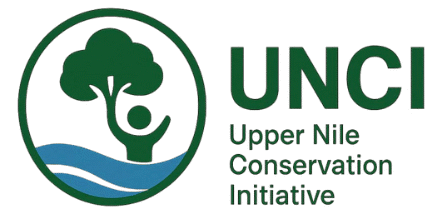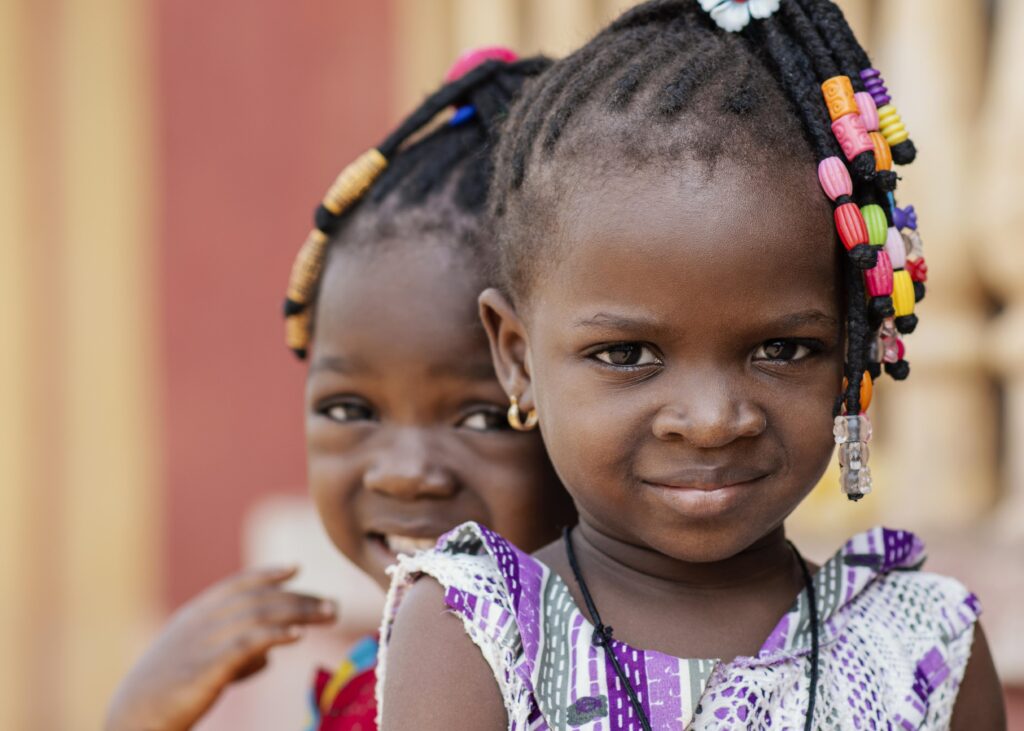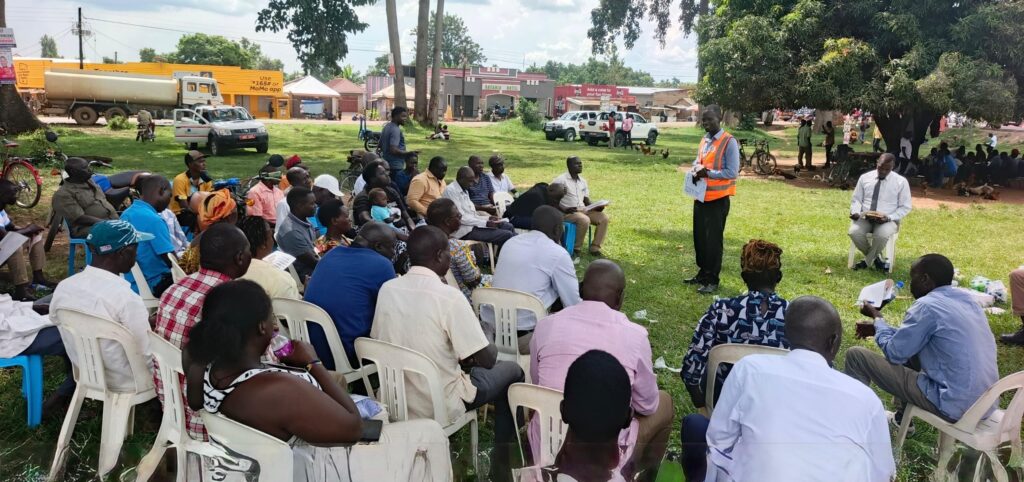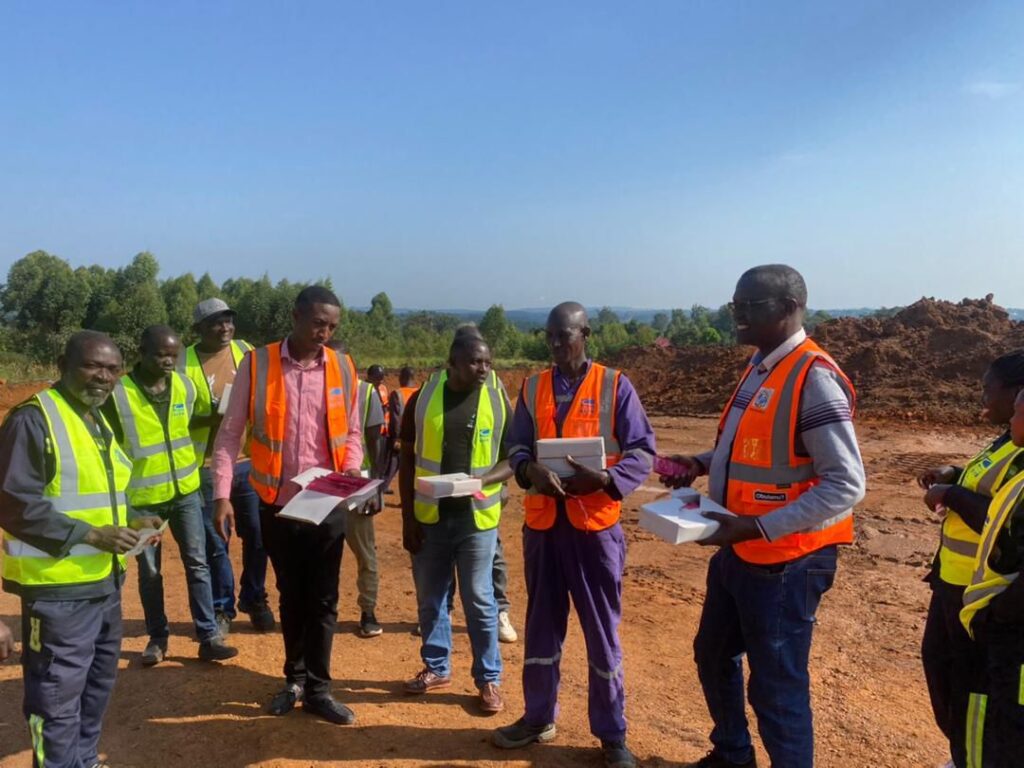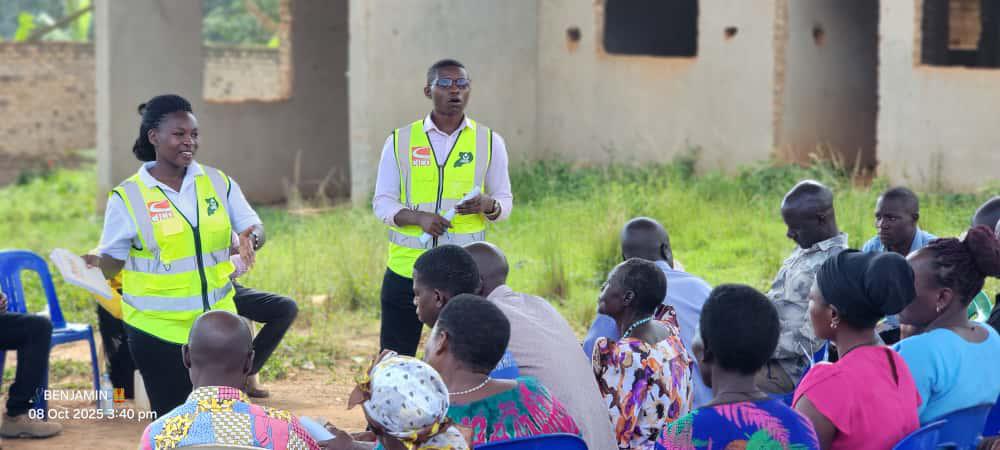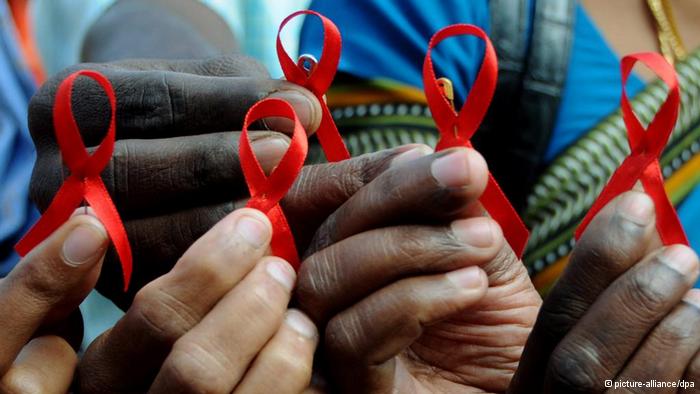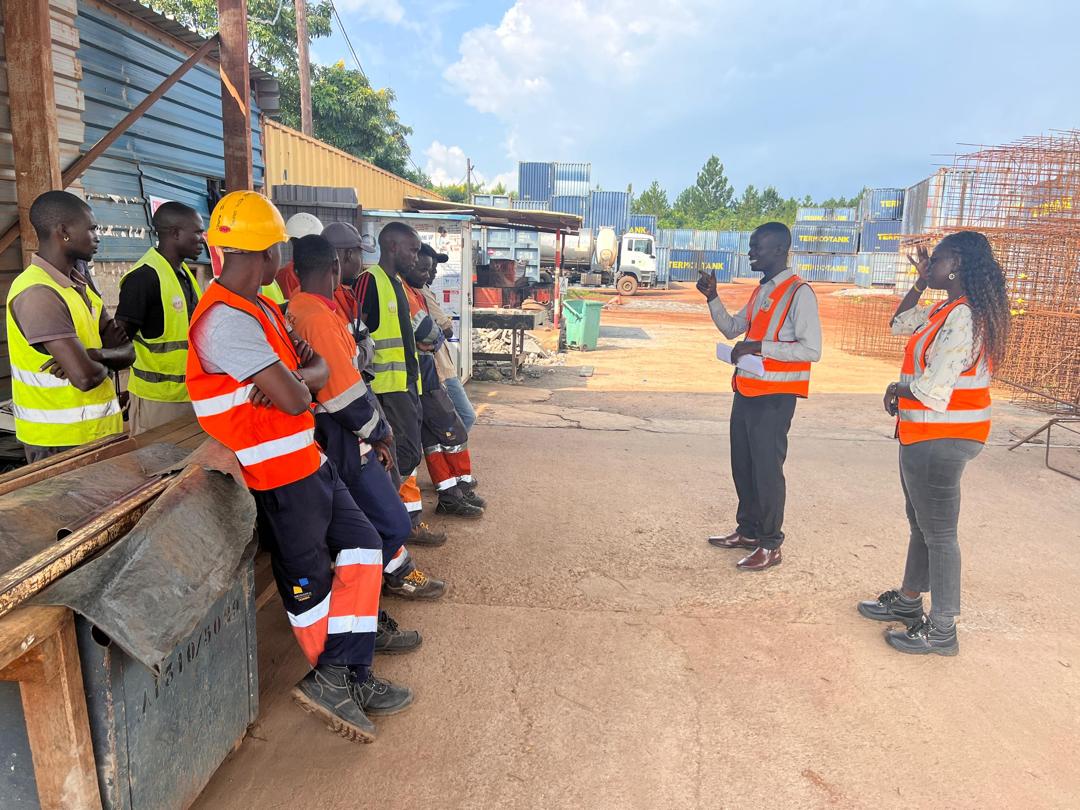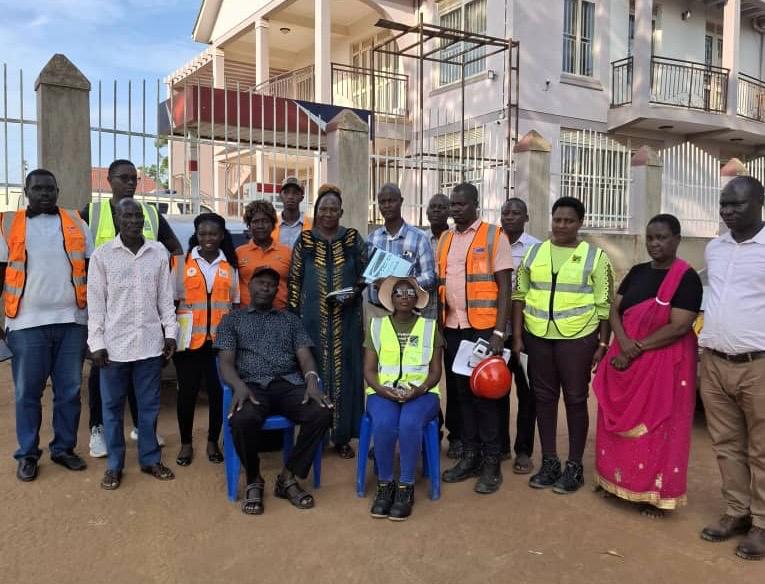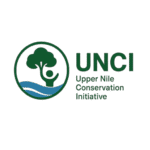The Uganda National Roads Authority (UNRA) is responsible for managing, maintaining, and developing the national road network across Uganda. UNRA became a legal entity in 2006, but officially began operation on 1st July 2008. UNRA’s Mission is to develop and maintain a national road network that is responsive to the economic development needs of Uganda, to the safety of all road users, and to the environmental sustainability of the national road corridors. UNRA is therefore, committed to maximizing the health and safety of all those using or affected by the national road network. Consistent with the above, Upper Nile Conservation (UNCI) was nominated as consultant to undertake consultancy services for awareness creation and management of risks associated with HIV/AIDS. It’s against that background that MOTA ENGIL awarded UNCI the consultancy services to implement an HIV/AIDS program on the North Eastern Road-Corridor asset Management Project. Consultancy services will aim at awareness creation and sensitization campaign of HIV/AIDS under NERAMP Lot 1 and 2, Lot 1 (Tororo – Mbale – Soroti Road (150.8km), Lot 2- Soroti – Dokolo – Lira – Kamdini Road (189.4km)
The objectives of the project include:
- a) Enhance mechanisms to mitigate risk of HIV/AIDS infections due to the project
- b) Strengthen the community to help prevent HIV/AIDs prevalence on the project
- c) Establish partnership with existing health care providers to provide various preventive and palliative treatment for those at risk with in the project area
- d) Strengthen coordination with national and district authorities to monitor implementation of mitigation measures in areas traversed by the project.
The major thematic focus:
HIV/AIDS awareness and control among the workforce and communities along the project area. UNCI will apply well-tailored technical approaches and methodologies which will guide a series of the planned activities.
Project Activities
- Enhancing mechanisms to mitigate risks of HIV/AIDS infections due to the project.
This will include implementing and monitoring compliance with standardized guidelines to mitigate risks of HIV/AIDS infection associated with the influx of workers namely:
- Supporting the implementation of, and/or enhancement of the already established code of conduct on the project to avoid, reduce, and mitigate the occurrence of HIV/AIDS infections on the project.
- Support the OPRC in establishing a sensitization and worker-led prevention programme on HIV in the workplace for workers including information on the legal and institutional framework in Uganda, prevalence of HIV and managing risks on road projects.
- Designing and Implementing an HIV/AIDS Community prevention program in the NERAMP project area.
The proposed activities seek to increase the resilience of communities to prevent the occurrence of HIV/AIDS associated with the project. This set of activities target segments of the community at risk of HIV infections and seeks to mobilize the community to change norms, values and behaviors that expose people to the risk of getting infected with HIV/AIDS. The activities to be undertaken will include the following;
- Conducting a rapid assessment of HIV/AIDS prevalence in the project area, including identification of populations at risk, preventive mechanisms, and institutional response for HIV/AIDS (e.g government, NGOs, informal institutions offering HIV/AIDS services) and mapping programs and services available for management of HIV/AIDS.
- Developing a prevention program that focuses on: a.) strengthening resilience of populations at risk, particularly the adolescent girls, b.) community mobilization and sensitization campaign for zero HIV/AIDS infections. This must include engaging with men and women, girls and boys. c.) coordinating with organizations that provide life skills development, vocational training, and livelihood support to empower people and reduce the risk of indulgence that may expose them to the HIV/AIDS.
- Production and distribution of IEC materials in line with approval from the MoH or AIDS Commission.
- HIV/AIDS sensitization for roadside communities in collaboration with HIV/AIDS actors – CBOs/BGOS and District technical leads: religious leaders, boda boda riders, landlords, etc.
- Referrals for HIV/AIDS care and support to existing /mapped services.
- HIV/AIDS awareness meetings to project workers inclusive of subcontractors and service providers inclusive of food vendors including induction of new staff.
- Strengthen coordination with national and district authorities to monitor implementation of mitigation measures in areas traversed by the project.
This will include;
- Strengthening existing mechanisms or assist authorities to establish new strong mechanisms to monitor the project’s management of HIV/AIDS risks on the project and this will include community feedback sessions.
- Collaborate with District and local stakeholders in supporting the coordination, monitoring and advocating for sustainable efforts to address HIV/AIDS in the project traverse districts.
- Knowledge transfer
We are to undertake institutional capacity building for local governments and Community Based Organizations along the project corridor that will include;
- Assessing the existing capacities of relevant: a) local government staff, b) Community Based Organizations c) contractors and d) service providers involved in HIV/AIDS management and prevention
- Establish in a participatory way, a capacity enhancement/training plan iii. Implement capacity enhancement and transfer of knowledge as agreed in the plan iv. Monitor its implementation and reassess the underlying plan in the context of the quarterly reports.
